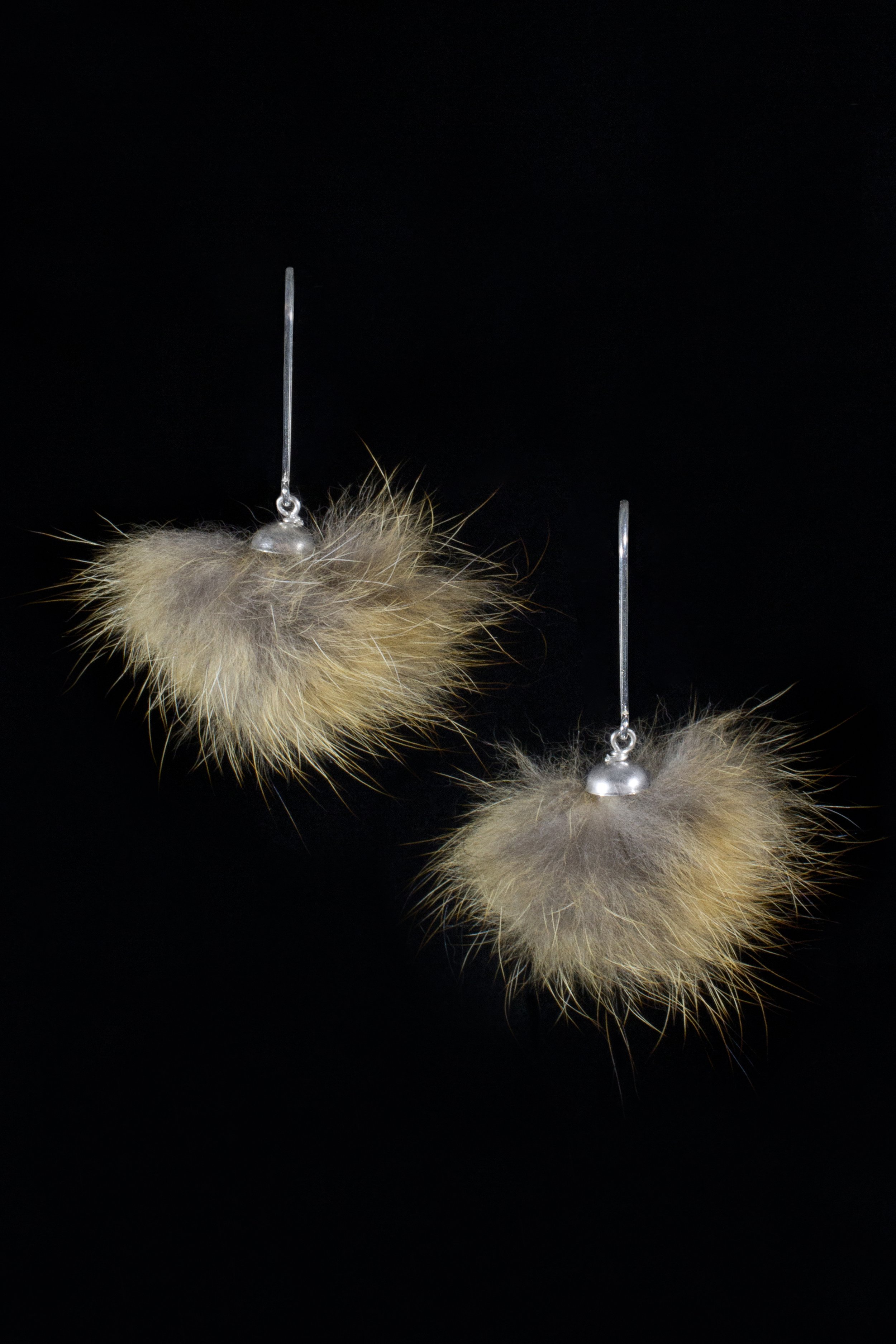care guide
All pieces are handmade by Olivia in Adelaide. The materials used all have their own unique wear and tear tendencies. Caring for your jewellery is simple if you know how. Below are some tips and tricks to help you properly look after your jewellery.
Remove your jewellery prior to sleeping, submerging in water or exercising to avoid significant wear and tear.
Limit the contact your piece has with perfumes, creams and makeup as these substances can accelerate the tarnishing process.
Your jewellery should be stored individually in its original packaging in a dry, cool place to prevent it from being scratched or tangled.
Clean and polish your jewellery regularly to maintain lustre and check for wear and tear
For specific material care instructions read below:
Sterling silver
Sterling silver can oxidise with time however, properly maintained silver jewellery improves with age and develops a unique patina. Believe it or not, your skin’s natural oils will help keep silver jewellery shiny. One of the easiest ways to prevent tarnishing is to simply wear your silver often as opposed to letting it sit in a jewellery box unworn.
Clean your silver jewellery with a mild soap and water solution, allowing the water to bead up, and then patting dry with a soft cloth.
To remove any tarnish the simple use of a special Silver Dip or rubbing with a Silver Cloth is all that is required to renew brilliance and shine. (For silver jewellery with pearls, see the pearl care guide below.)
oxidised silver
Oxidised silver jewellery is usually suitable for everyday wear unless it is a fragile design. It is best to clean oxidised silver with a soft cleaning cloth or wash with warm soapy water. Do not use silver dip as this can remove the oxidation.
pearls
Store pearl necklaces separately in your Olivia Dryden box or fabric-lined bag to keep them flat and to prevent them from stretching or scratching.
Properly strung pearl necklaces are all individually knotted between beads. This helps to prevent pearl loss if a strand were to break. Knots also keep pearls from knocking into each other and rubbing. Adding knots also adds strength and endurance to a beaded necklace and it is considered a mark of quality. If your piece is worn frequently, it is recommended you restring it every two to three years.
To remove any built-up oil or dirt, simply wipe with a soft cloth – dampen if required. Do not use any chemical cleaning solutions on pearls.
Gemstones
Since many gemstones are quite delicate, hot water, harsh chemicals and cleaners should be always avoided. Cleaning your precious stones with a clean, soft, damp cloth.
gold
Solid gold jewellery generally won't show any tarnish or discolouration with regular use and care. If the discolouration is just grime on the surface it should wash off with soap, water and a soft brush. Always avoid using any abrasive jewellery cleaners that may contain damaging chemicals or polishing agents. Also avoid chlorine.
White gold jewellery is rhodium plated. Rhodium plating is a layer of rhodium that is electro plated over white gold to enhance the white colour and shine of your jewellery. Rhodium plating will wear off over time. White gold items will require re-plating in order to maintain the premium shine and white finish. It is not recommended to use any harsh jewellery cleaning solutions or polishes, as this may shorten the life of the rhodium plating.
Should your jewellery require cleaning use a soft polishing cloth to wipe away any grease or marks.




